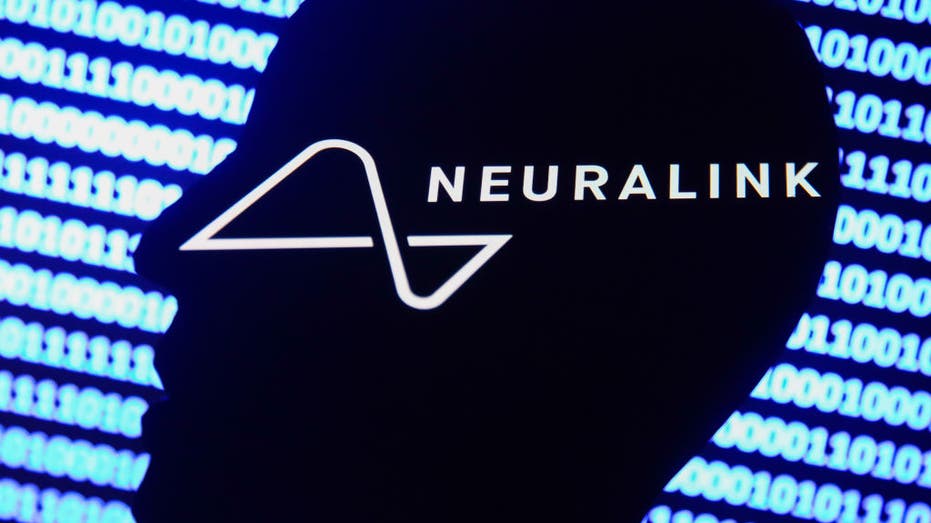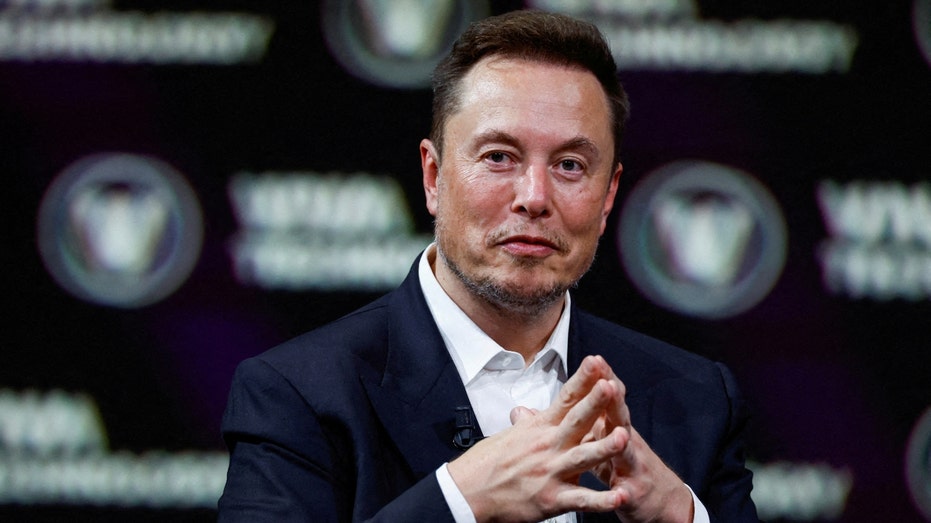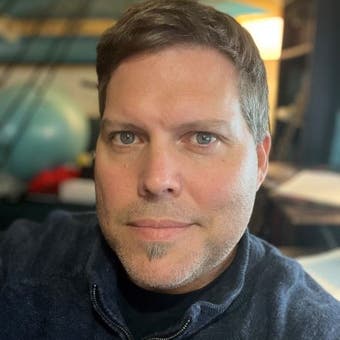Elon Musk says first human patient received Neuralink brain implant and is recovering well
Musk said, 'Initial results show promising neuron spike detection'
Billionaire CEO Elon Musk said the first human to receive a Neuralink cybernetic implant did so on Sunday and is recovering well.
In September, Neuralink announced it was holding open recruitment for the first-in-human clinical trial of its wireless brain-computer interface (BCI).
In the announcement, Neuralink said the Precise Robotically Implanted Brain-Computer Interface (PRIME) study would evaluate the safety of the company’s implant (N1) and surgical robot (R1), while assessing whether the device can help paralyzed people control external devices with their thoughts.
On Sunday, the first implant was placed in a human.
"The first human received an implant from @Neuralink yesterday and is recovering well," Musk tweeted on his social media platform X. "Initial results show promising neuron spike detection."
ELON MUSK SAYS FIRST HUMAN PATIENT WILL SOON RECEIVE NEURALINK BRAIN IMPLANT

Neuralink logo displayed on a phone screen, a silhouette of a paper in shape of a human face and a binary code displayed on a screen are seen in this multiple exposure illustration photo taken in Krakow, Poland on Dec. 10, 2021. (Jakub Porzycki/NurPhoto via Getty Images)
The tech mogul also tweeted that the first version of Neuralink is called Telepathy, explaining that it enables people to control their phone or computer, and through them almost any device, just by thinking.
"Initial users will be those who have lost the use of their limbs," Musk said. "Imagine if Stephen Hawking could communicate faster than a speed typist or auctioneer. That is the goal."
ELON MUSK'S BRAIN IMPLANT TECHNOLOGY GAINS FDA APPROVAL
Hawking, the late theoretical physicist, suffered from Lou Gehrig's disease, a rare condition that causes paralysis.
Neuralink received approval from the Food and Drug Administration (FDA) to proceed with human trials for brain implants back in May.
ELON MUSK ‘CONFIDENT’ IN NEURALINK MICROCHIP DEVICE, EXPECTS TO BEGIN HUMAN TRIALS IN SIX MONTHS

Elon Musk, Chief Executive Officer of Neuralink, SpaceX and Tesla and owner of Twitter, gestures as he attends the Viva Technology conference dedicated to innovation and startups at the Porte de Versailles exhibition centre in Paris, France, June 16, (REUTERS/Gonzalo Fuentes/File Photo / Reuters Photos)
Musk had sought approval for human trials since 2019, but in early 2022, Neuralink’s application was rejected. The company has since worked through concerns expressed by the FDA over the safety of the implant.
Musk launched Neuralink in 2016 with the goal of developing a chip that would allow the brain to control complex electronic devices and eventually allow people with paralysis to regain motor function.
CLICK HERE TO READ MORE FROM FOX BUSINESS
The technology, if successful, would combine artificial intelligence with human capabilities through the use of a brain chip. Musk said he hopes it would help treat brain diseases like Parkinson’s, dementia and Alzheimer’s.
Fox News Digital's Chris Pandolfo contributed to this report.





















